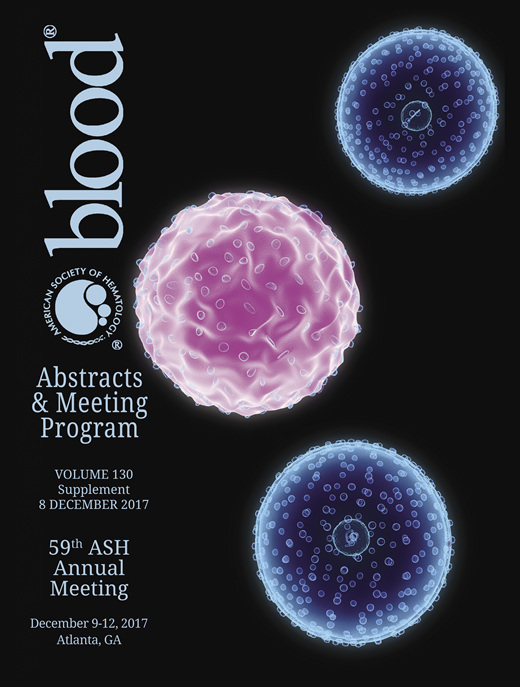Abstract
Background: The metabolic profiles of cancer cells have long been acknowledged to be altered and to provide new therapeutic opportunities. Expression of glycolytic enzyme enolase 2(ENO2) was found to be closely related with clinical features of acute lymphoblastic leukemia (ALL) patients, but its functions are still unclear in ALL.
Methods: We evaluated the association between ENO2 mRNA expression of bone marrow mononuclear cells(BM-MCs) and efficacy of chemotherapy, and further explored the function of ENO2 in ALL.
Results: The results showed that ENO2 mRNA expression in BM-MCs was significantly decreased when patients completed induction chemotherapy and reached complete remission(CR). ENO2 mRNA expression was increased when patients suffered relapse. Functional study demonstrated that ENO2 promoted cell growth, glycolysis, and glucocorticoid-resistance, all of which were effectively inhibited when ENO2 was silenced with shRNAs. Further study found that ENO2 upregulated various glycolysis-related genes, and ENO2 enhanced Akt activity with subsequent Glycogen synthase kinase3β(GSK-3β) phosphorylation, inducing cell proliferation and glycolysis. The combination of silencing ENO2 and 2-deoxyglucose (2-DG) synergistically inhibited leukemia cell survival.
Conclusion: These results indicate that ENO2 may be a biological marker for monitoring chemotherapeutic efficacy and relapse in ALL. ENO2 may provide a potential therapeutic strategy for ALL.
No relevant conflicts of interest to declare.
Author notes
Asterisk with author names denotes non-ASH members.

